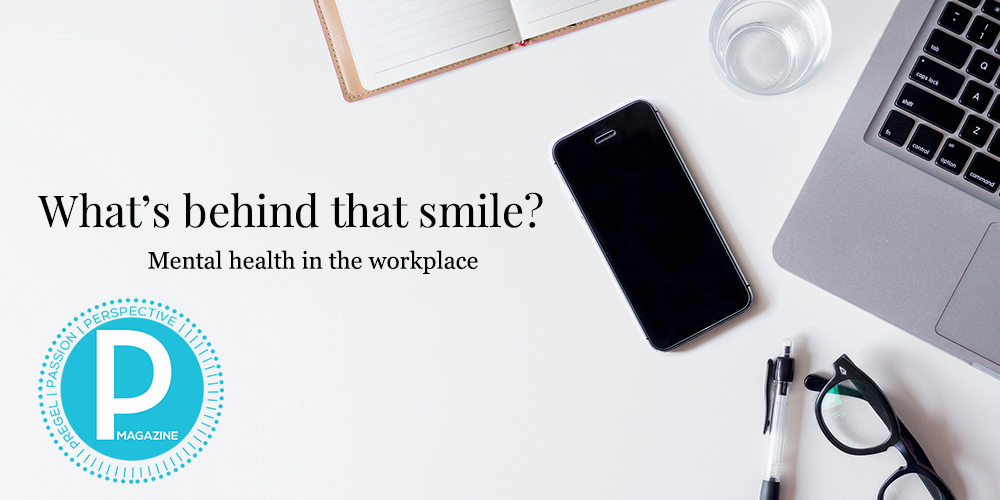Mental Health at Work

Written by guest blogger, Lynne Lee, human resources manager, PreGel America. Published for Mental Health Awareness Month.
Most people are familiar with clowns – comical, mime-like performers who dress up in colorful, elaborate costumes and wigs, oftentimes with a huge smile painted on their made-up faces in effort to bring other people joy. How many times have we, or someone we know, employed the “clown” mentality of smiling although something just wasn’t right? And how severe is the “something” that is not right?
According to the World Health Organization (WHO), more than 300 million people suffer from depression—the leading cause of disability—globally, with many of this group also suffering from symptoms of anxiety. And with so many people silently suffering, why are these cases not reported more often? Stigma.
“Our lives begin to end the day we become silent about things that matter.”
– Dr. Martin Luther King, Jr., civil rights activist
Most employees are afraid to discuss their illnesses with colleagues and employers due to fear of job loss, damaged relationships, or the ability to find future employment, which is why approximately 85% of mental health conditions in the workplace are untreated. This silence lends itself to expensive results for employers, as according to Life, the blog published by www.huffpost.com, mental health conditions cost employers more than $100 billion and 217 million lost workdays each year.
However, as business leaders, you can help. Web resource www.mentalhealthamerica.net suggests some of following examples to consider:
- Provide access to Employee Assistance Programs that deal with stress-related, emotional, and psychiatric pressures
- Provide adequate mental health coverage
- Create a comfortable environment where mental health concerns can be discussed without fear
The “clown” mentality in the workplace doesn’t have to be a commonality when resources are available to help make those smiles authentic.
